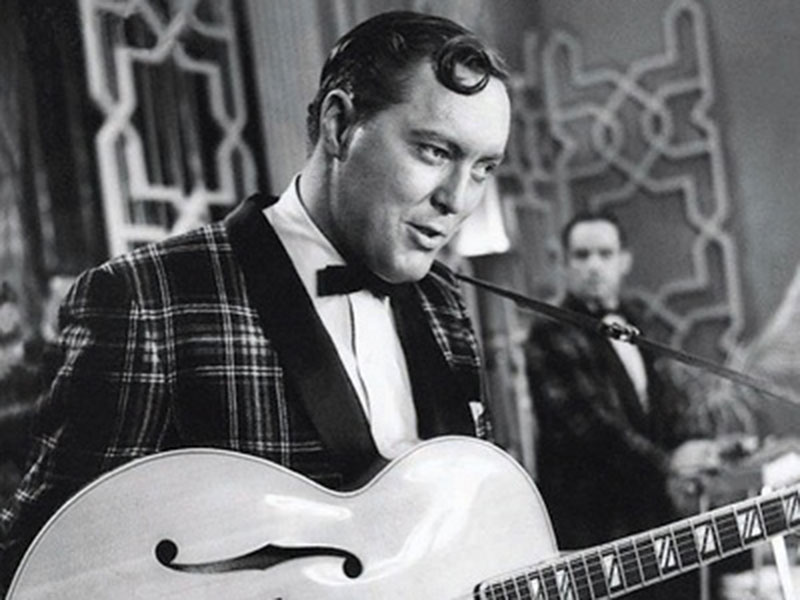
Dodging the Memory Hole: Saving Born-digital News Content

November 10–11, 2014
Do you see news archives as invaluable sources of historical reference? Are you concerned about the fragility of digital news content from the past 40 years? Are you passionate about saving this “rough first draft of history” and ready to take action? The Dodging the Memory Hole: Saving Born-digital News Content forum brought together a group of stakeholders to help decide what tomorrow will bring for yesterday’s news. The event was held in Columbia, Missouri.
Dodging the Memory Hole: Saving Born-digital News Content stories
-
Saving born-digital news: Clifford Lynch, Coalition for Networked Information
CLIFFORD LYNCH: [00:01] Journalism shapes events as well as documenting them, and for that reason it’s also important to keep a good record of it. If you look at the role of journalism in everything from decisions to go to war to political campaigns — that’s something we really need a record of so…
-
That’s engagement: Forum participants plot course to preserve born-digital news content
The opportunity to advance the preservation of born-digital news is real. That’s my takeaway from the Dodging the Memory Hole: Saving Born-digital News Content forum, which was held Nov. 10-11 at the Donald W. Reynolds Journalism Institute at the Missouri School of Journalism. One of the primary objectives of the event was to help build…
-
Digital archives not as complete or long-lasting as they should be — or could be
On a blustery February day in 1981, a two-sentence story moved on the Texas AP wire reporting the death of Bill Haley. It said something like: HARLINGEN, Tex. (AP) — Former Rock ‘n Roll star Bill Haley, 55, was found dead today. Police say they are investigating, but don’t suspect foul play. I was the…
-
Saving the news: When your server crashes, you could lose decades of digital news content — forever
How would you bring your newest hires up to speed on a controversial mayoral candidate, on a years-long tension between the community and police department, or the highly charged history of local school taxation?

